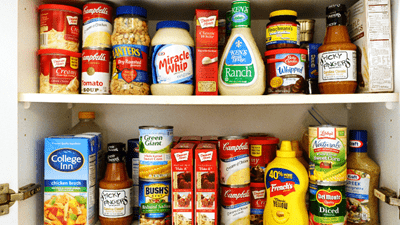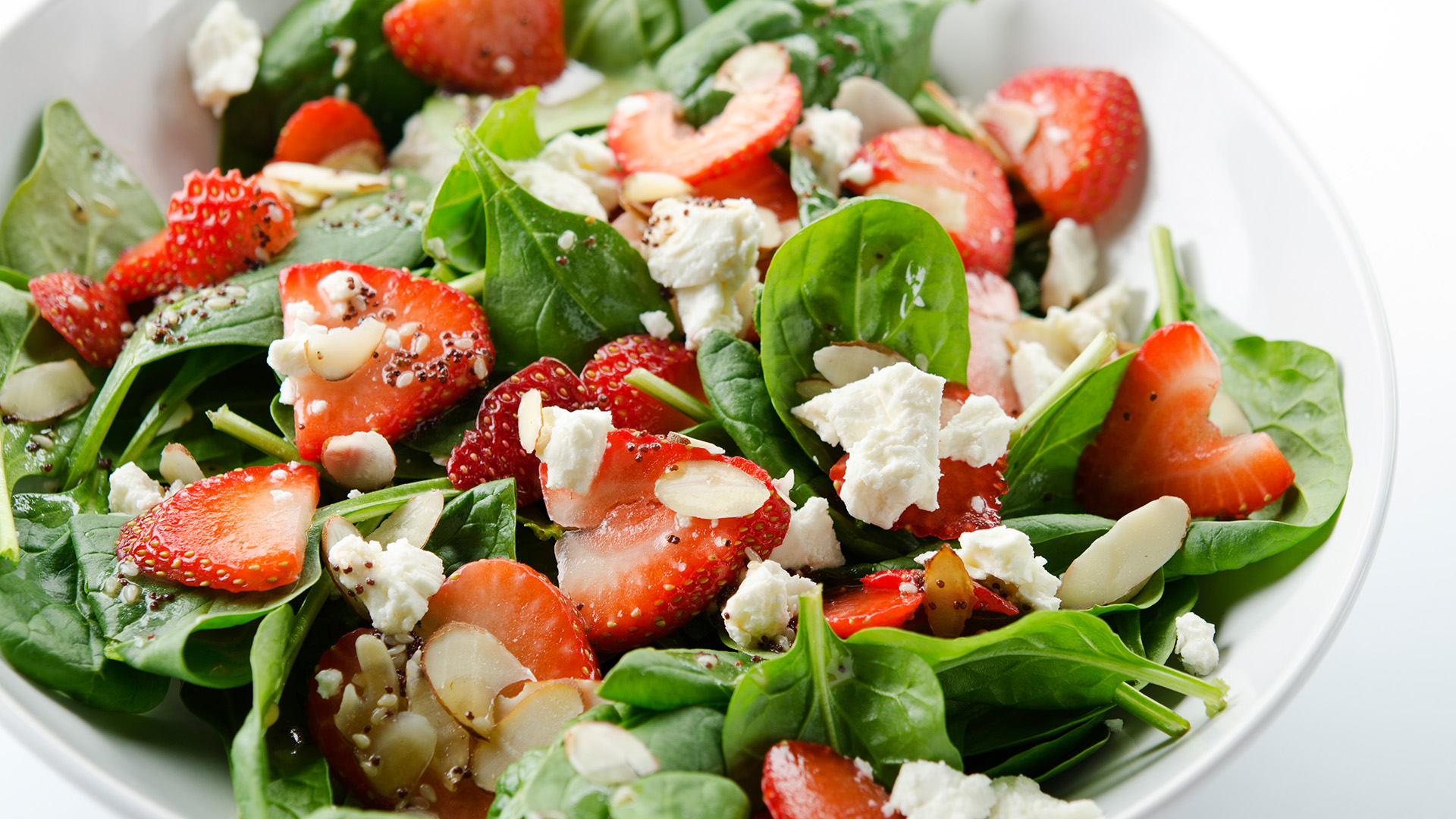Dietitians and wellness gurus across the board give the same advice: To maintain a healthy diet, cut out processed foods. That includes sugary snacks, chips, hot dogs and almost everything fast food. While most foods are processed in some way — tomatoes have been picked off the vine, meat has been ground — ultra-processed foods such as mass-produced packaged bread, sodas and chicken nuggets can cause health problems. Because many processed foods are high in sugar, salt, fat and carbohydrates, a diet high in processed foods is linked to obesity. A recent study also suggests a link between processed foods and an increased risk of cancer.
What Are Processed Foods?

Not all processing is bad. Frozen fruits and vegetables are processed, but they often retain their nutritional value because they are frozen at their peak ripeness. Canned beans and tomatoes also are minimally processed, so their nutritional benefits are preserved.
But ultra-processed foods are different. Far from their original state, a potato chip looks very different from a potato. Similarly, chicken nuggets and hot dogs don’t resemble the animals they come from. Manufacturers process foods, adding fillers and colors to increase taste, visual appeal and extend shelf life.
If you’re not sure if a food is ultra-processed, read the ingredient label. Ingredients are listed by quantity, from highest to lowest. If the list is long or reads like a science experiment, the food may be highly processed.
Five Ways to Decrease a Diet of Ultra-Processed Foods
You can decrease a diet high in ultra-processed foods with small steps.
- Eat more fresh or minimally processed foods. Rather than focus on what you want to cut out, work on increasing healthier foods. Try for three to four servings of vegetables per day. It’s easier than you think: a cup of blueberries at breakfast, spinach salad at lunch, baby carrots for a snack and roasted broccoli for dinner.
- Shop mainly on the perimeter of the grocery store. This is where fresh and minimally processed foods are located. However, remember that some frozen fruits and vegetables, and canned goods also can be an important part of a healthy diet. Good choices include: canned tuna or beans, steam-in-bag frozen veggies and frozen fruit with no sugar added.
- Drink more water and fewer sugar-sweetened drinks. Carbonated water and fruit-infused waters add flavor and variety without calories or artificial chemicals. Try a refreshing glass of seltzer with cucumber, mint and a squeeze of lime. Or simply purchase one of the many flavored, sparkling waters available at the grocery store.
- Read food labels carefully. A sugar-free applesauce may mean it is more natural or that it has artificial sweetener instead of sugar. Always check the ingredient list. Avoid foods with added sugars among the first few ingredients, including brown sugar, corn syrup or high-fructose corn syrup, cane sugar, honey and fruit juice concentrate.
- Replace ultra-processed meals with fresh or minimally processed recipes. Try new recipes that emphasize the use of whole foods. Try to avoid foods that are “instant.” Instead of instant mashed potatoes that ring in on average 1,000 mg of sodium per cup, simply blend steamed cauliflower, a little olive oil, pepper and a pinch of salt for taste in a blender or food processor for a healthier version of “mock mashed potatoes.”
Cutting back on processed foods takes time and diligence, but eliminating the unhealthy ingredients from your diet will improve your health in the long run.
We Build Relationships
We believe that maintaining a healthy lifestyle is the key to living a longer, healthier life. Orlando Health Physicians strive to build a relationship with each patient. Request an appointment with one of our primary care physicians with offices located throughout Central Florida.
Schedule an Appointment










